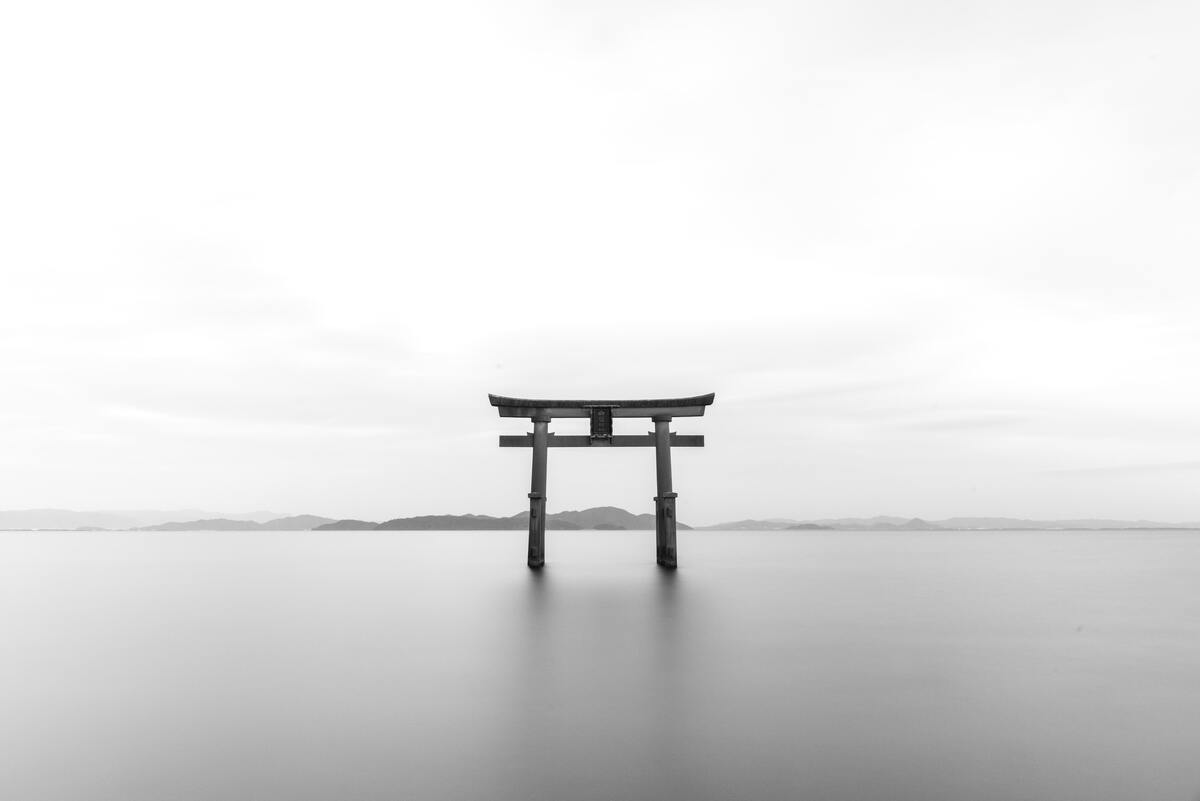
Blogs
If Kazakhs are not Americans, will they be Japanese?
July 1, 2020


Kuanysh Zhaikov
Partner
I have always had a cognitive dissonance when traditionally minded Kazakh "economists" cite East Asia as an example. The idea is clear - they say, "let's take all the good from them, and we will not take the bad". Aldar Kose Style.
The problem is that everything good and bad in East Asia is interconnected. All inclusive, no separate packages.
To begin with, I admit that I myself ignored Japan for a long time, studying smaller examples – "Asian tigers". But the laws of gravity work and everything in East Asia started with it. Size matters. It is impossible to compare the creation of a successful system for 126 million people (Japan) with 6 million people. (Singapore).
***
Why is the experience of Japan important for analysts?
1) It was Japan who colonized Korea for a long time and brought its "notions" to it.
Park Chung Hee was a Japanese military man steeped in the informal Bushido Institute. He was the first to let in Japanese investments, and Korean "chebols" became the prototype of Japanese "zaibatsu".
In fact, the relations between Korea and Japan are similar to those of Kazakhstan and Russia. Isn't it strange to study the history of Kazakhstan for the last 200 years in isolation from Russia?
2) it was Japan that made the PRC became communist and Taiwan emerged.
Because of its invasion of China, Chiang Kai-shek was forced to fight on two fronts. Japan fought him in the first place because he was considered to be stronger.
The Communists, who were, in fact, marginalised, quickly gained strength and launched their offensive.
3) it was Japan that first invaded Southeast Asia and then spread nationalist ideas there. In general, "left marks to the fullest", to put it simply.
4) by the end of the 1980s, Japan had become richer than the United States. In nominal dollars, not even by purchasing power. A real threat to Western powers, not like the "Asian tigers".
***
But then the main question remains – what made it Japan?
Here are a few facts from history.
1) Japan has been isolated for 250 years. In the mid-19th century, it was a backward, poor and feudal country. So much so that the Western powers did not even touch it, because there was nothing to take.
2) When the US Navy sailed into closed Japan and confronted with a fact, the Japanese were horrified. They realized how underdeveloped they are and how vulnerable they are to the colonialists. The nation was under threat.
3) There was a civil war between old (agrarian) and new elites. The Shogunate was abolished, as was the samurai system. All the samurai were driven to one island, where they stayed.
The Japanese began radically abandoning everything that connected them with the past. From their traditions. Everything started to break down in imitation of the Western system. They adopted a constitution and a system in imitation of Prussia.
Massively began to dress like Europeans. It got to the point when they wanted to give up their native Japanese language.
The country started inviting foreign specialists, greedily sucking all the knowledge and culture out of them. In all areas, especially in education.
They imported Western technology and weapons. They started building their own ships (this is still the 19th century!).
Of course, all to the disadvantage of the population, which remained poor. But the nation was in danger, so ordinary people did not matter.
4) In the first half of the 20th century, Japan made a mess of things. They considered themselves an exceptional nation, because the rest of the Asians were far from them. They decided that now they, and not the Europeans, will colonize East Asia. Taking advantage of the two world wars and the crisis, they took over the entire region.
As you can see, by the middle of the 20th century, Japan was quite an advanced country.
5) And now the most interesting thing. After World War II, the Japanese were banned from having an army of their own. All the Japanese militaristic "eagerness", this mad energy had to be put somewhere. After all, the nation is proud.
And then they changed the format – from military expansion to trade expansion. Focused on that. Military orders, but now in the industry.
Financial and industrial groups, Keiretsu, like the army. Lifetime employment, like military service.
"Export soldiers". Support for the state apparatus.
Even Japanese crime - the Yakuza - was involved by the police to informally solve problems with those who "distracted". They physically suppressed all "left-wing" socialist moods and performances.
***
What is behind this whole system?
Great trust. It is called social capital.
The population of Japan is homogeneous - 99% are Japanese. The density is insane – 50 (!) times more than in Kazakhstan. And this is not a city, but a country.
"Greater Tokyo" is the largest agglomeration in the world with a population of 38 million people.
The state trusted financial and industrial groups, so it subsidized and helped with a blind eye. They trusted the state, so they invested without fear.
Employees trusted corporations, and vice versa, because they had a lifetime employment.
Trust is everywhere. Bottom-up, top-down, diagonally. Everyhow. Low transaction costs.
In Kazakhstan, everything is exactly the opposite.
***
What does traditionalism have to do with it?
Such accelerated modernization has the most severe impact on the social sphere. Traditions disappear, new Western institutions are accepted, the nation falls into an existential crisis.
Everyone is at work, literally dying on it. In Japan, there is even a term – "karoshi" - death from overwork. Only cowards go on vacation.
Welfare system to the minimum. The state will not support you, who are vulnerable.
Let's take, for example, the birth rate. In such conditions, it decreases radically.
A large family is the ideal of almost every Kazakh family. Now in Kazakhstan, the birth rate is 2.84 – so much one woman on average gives birth to children over a lifetime. In some regions of Kazakhstan, it reaches 4.
In 1960, in Japan, it was equal to ... 2. 60 years ago, the level of simple reproduction.
And now it is... 1.4. The nation is dying out, in fact.
Let's take Korea. In 1960, it was equal to 6.1 - every Korean woman gave birth to so many children in her lifetime.
After 10 years, it became 4.5. After another 10 – 2.8.
And now it is equal to... 1.
Once again, over the past 40 years, Koreans who gave birth to an average of 6 (!) children have never risen above the level of simple reproduction.
***
In general, we should define what we want. I am not against any scenario for Kazakhs.
But let it be heard clearly, distinctly, with full information. Without all these "Aldar Kose" movements.
And then we will understand how to live.
all publications











